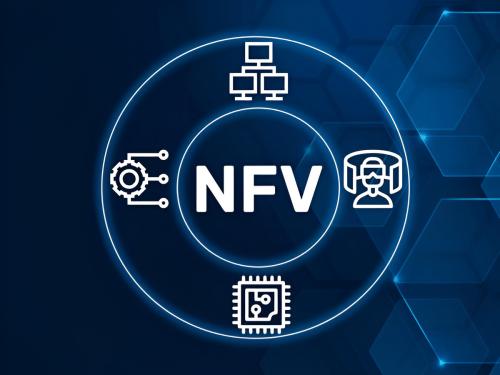Latest Posts
A release pipeline can only go as fast as its slowest manual checkpoint allows. Numerous teams “adopt DevOps” yet overlook that security must also evolve within the DevOps infrastructure.
The foundation of any DR strategy consists of the Recovery Time Objective (RTO) and Recovery Point Objective (RPO). Should these metrics lack clear definitions or, even worse, if they are impractical, your organization could endure extensive and costly downtimes.
Read More
Security, Identity, & Compliance
Read More
Networking & Content Delivery
Read More
Application Integration
Read More
A release pipeline can only go as fast as its slowest manual checkpoint allows. Numerous teams “adopt DevOps” yet overlook that security must also evolve within the DevOps infrastructure.
Reach out to Bluella, where our team integrates continuous monitoring solutions within your network architecture, ensuring that VPN traffic is being routed and encrypted correctly across the board.
The implementation of overlays such as VXLAN and the utilization of protocols like OpenFlow facilitate microsegmentation throughout both physical and virtual infrastructures via Software-Defined Networking (SDN). This approach proves particularly advantageous in multi-cloud and hybrid data center configurations.
Private cloud solutions, including virtual private cloud (VPC) configurations, serve organizations that demand enhanced security, control, and compliance, often employed in regulated sectors such as finance and healthcare.
NGFWs consolidate and distribute threat intelligence data sourced from various origins, such as external threat feeds, cloud-based analytics, and internal system logs. For example, an F5 firewall can synchronize with external threat intelligence networks, augmenting its capability to proactively block harmful IPs, URLs, and applications.
API gateways also facilitate alerting and automated responses, which can further streamline monitoring. For example, if an API gateway identifies an unusual spike in request frequency or a repeated access attempt to a sensitive endpoint, it can notify security teams or even execute pre-configured actions, such as temporarily blocking the offending IP address.
































